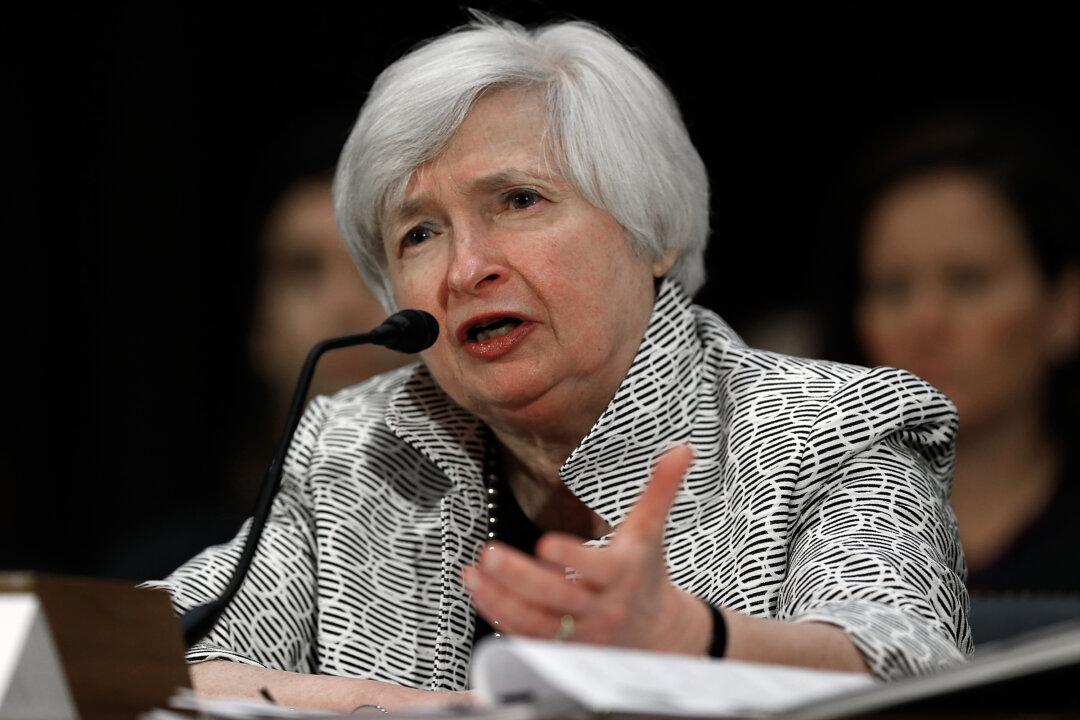In a speech defending the Federal Reserve’s commentary on the politicized issue of income inequality, Fed Chair Janet Yellen said income inequality demands more research. During an economic mobility conference in Washington, D.C., Thursday, Yellen said there was much that economists still did not know.
The Thursday speech echoed Yellen’s remarks last October that business ownership and more access to education could improve economic mobility. In those remarks, Yellen noted that income inequality had widened steadily for decades, paused during the recession, and then started back up as the economy recovered.
Republican lawmakers had criticized Yellen for the speech, finding it partisan and left-leaning and more geared toward helping the Democrats in the November midterms rather than elaborating on monetary policy.
Yellen fought back Thursday, saying, “Economic inequality has long been of interest within the Federal Reserve.” She referenced a 2007 speech by then chairman Ben Bernanke on the issue where he had also called for more research into inequality.
Yellen said that she was significantly interested in how the Great Recession may have impacted how easy it is for people to get ahead today. She also wanted more research into the relationship between geographical mobility and economic mobility, and why some communities succeeded at generating jobs while others failed.




